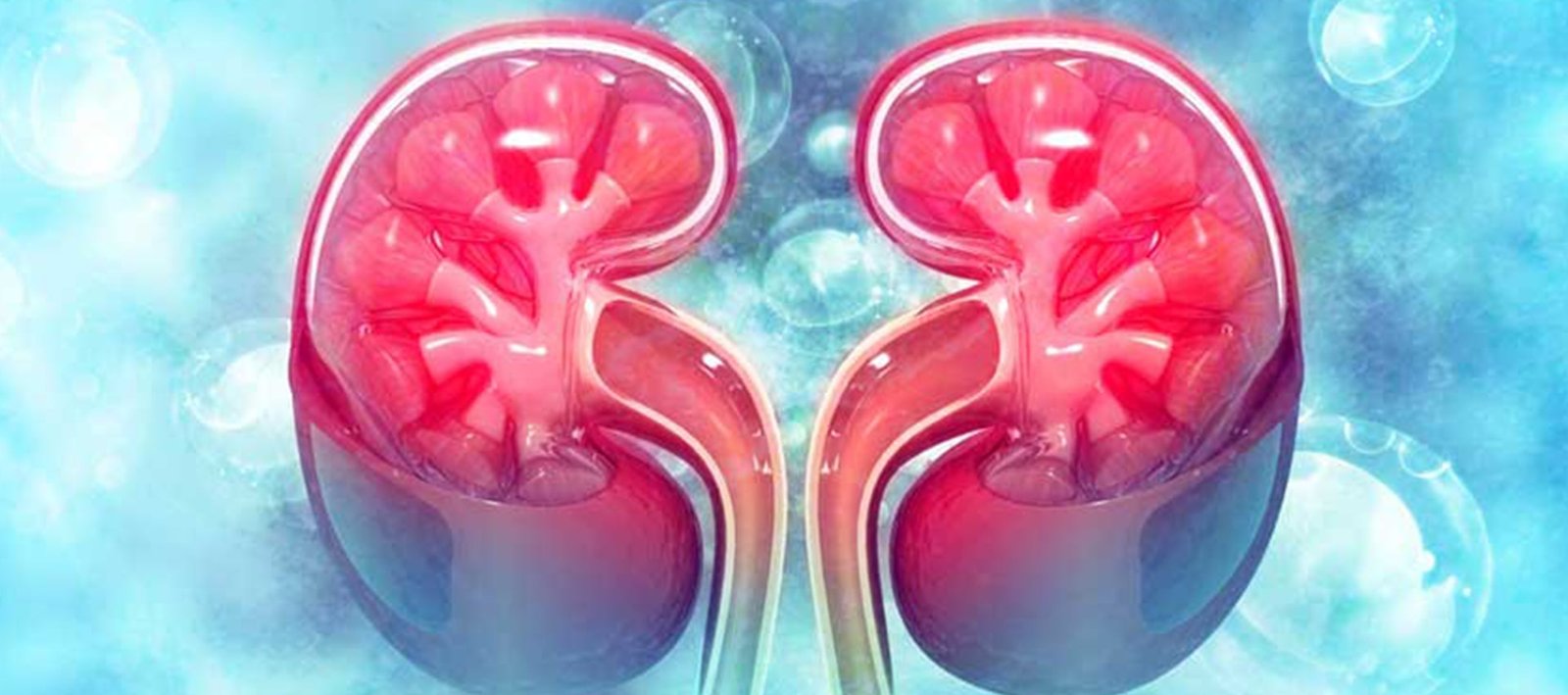Nephrotic syndrome happens when you have a disease that damages the filters in your kidneys and causes them to not work as they should. There are primary and secondary causes of nephrotic syndrome.
Primary causes of nephrotic syndrome are diseases that affect only the kidneys.
The most common primary cause of nephrotic syndrome in adults is a disease called focal segmental glomerulosclerosis (FSGS). The only way to know for sure whether you have FSGS is to get a kidney biopsy. Even when treated, most people with FSGS will eventually develop kidney failure and will need to start dialysis or have a kidney transplant to live. After transplant, there is still a chance that FSGS will return and you may lose your new kidney.
In children, the most common primary cause of nephrotic syndrome is minimal change disease.
Secondary causes of nephrotic syndrome are diseases that affect the whole body, including the kidneys.
Most of the time, nephrotic syndrome happens because of secondary causes. The most common secondary cause of nephrotic syndrome in adults is diabetes.
The most common secondary cause of nephrotic syndrome in children is diabetes.

